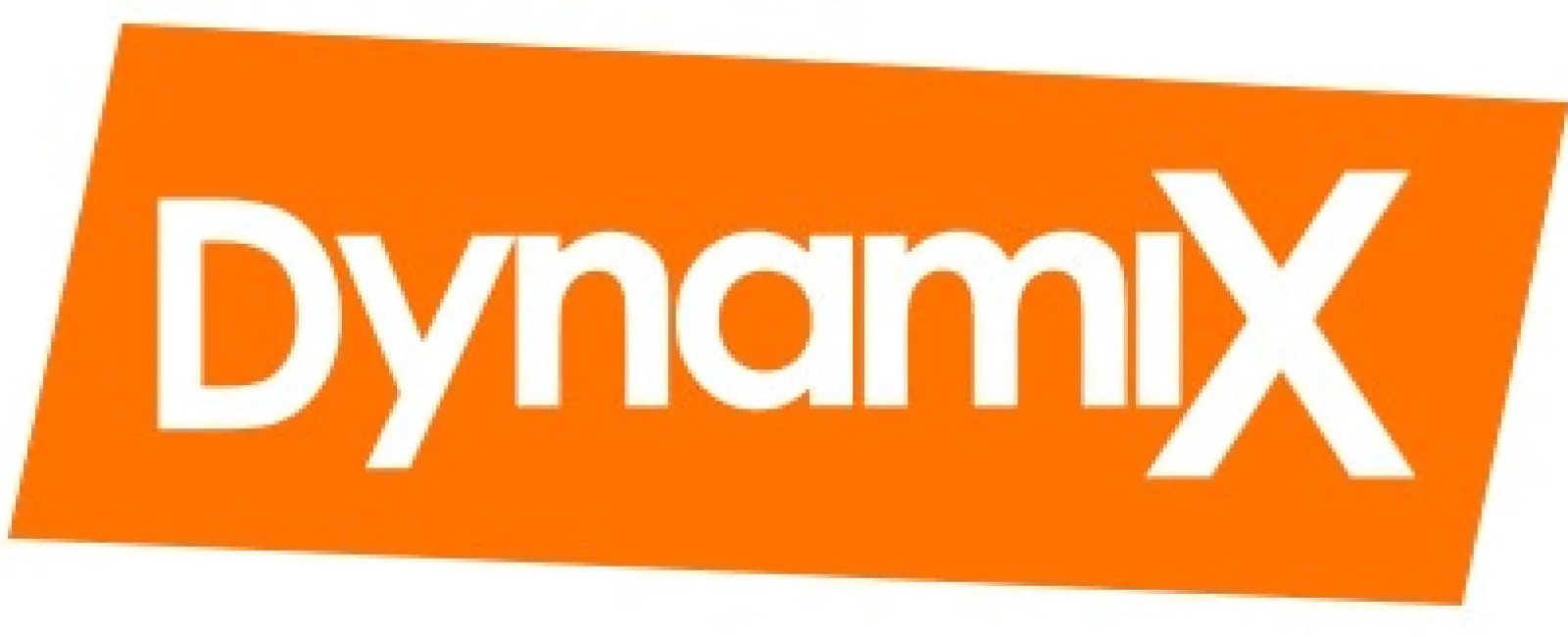
Why do so many companies steadfastly refuse to provide enough information on their web sites for customers to make an informed buying decision?
Over the years, we have heard dozens of companies respond with the same message. “We don’t want to provide them with enough information right off the bat, we want them to call us.” That technique may have worked back when there wasn’t a huge, multi-billion (trillion?) page entity called the internet, providing answers to literally anything you can think to ask. Now, it just turns potential customers into no-potential site visitors.
Unless you are the only company in the world that offers your particular product or service, all a potential customer has to do is move on to the next web site to find the answers they need. And when that happens, do you think that they will come back to the site that didn’t answer their questions? No, they will buy from the one who was straightforward with them.
I hate to sound harsh here, but the days of the tough sell are over. It’s so easy for a customer to buy from your competitor online, be they down the street or five states over, that it’s no longer acceptable to try to play games in the sales process. Being honest is not just a best-practice way to succeed, it’s the only way to succeed.
There are many examples of companies who ignore these words. You can find them all day long in review sites such as Kudzu.com. They are usually the ones with the 1 or 2 star reviews.
Thankfully, the remedy is fairly simple: Review your web site content, and remove all the tricks. Make it easy for a customer to reach you by phone and e-mail, but don’t make it the only way for them to find what they need. If there is a question that consistently comes up in customer interactions, add it to the site.
If you aren’t sure what needs to be added, consider putting a simple contact form on each page that allows customers to ask questions about a particular product or service directly, and then incorporate answers to their questions on your web site. Become a resource to your customers, or they will find another company that is.
Here’s a concrete example:
Take a look at the reviews under Reliable Heating and Air. As I write this, there are currently 42 reviews, and the company has an overall rating of five stars out of five. Believe me, they didn’t get that way by holding back information that would help their customers to make an informed buying decision. I know that first-hand, because when my air conditioner failed last summer, they talked me out of a more expensive system that I didn’t need.
Maintain your honesty, both online and off, and your reputation will carry you even if times get tough.
